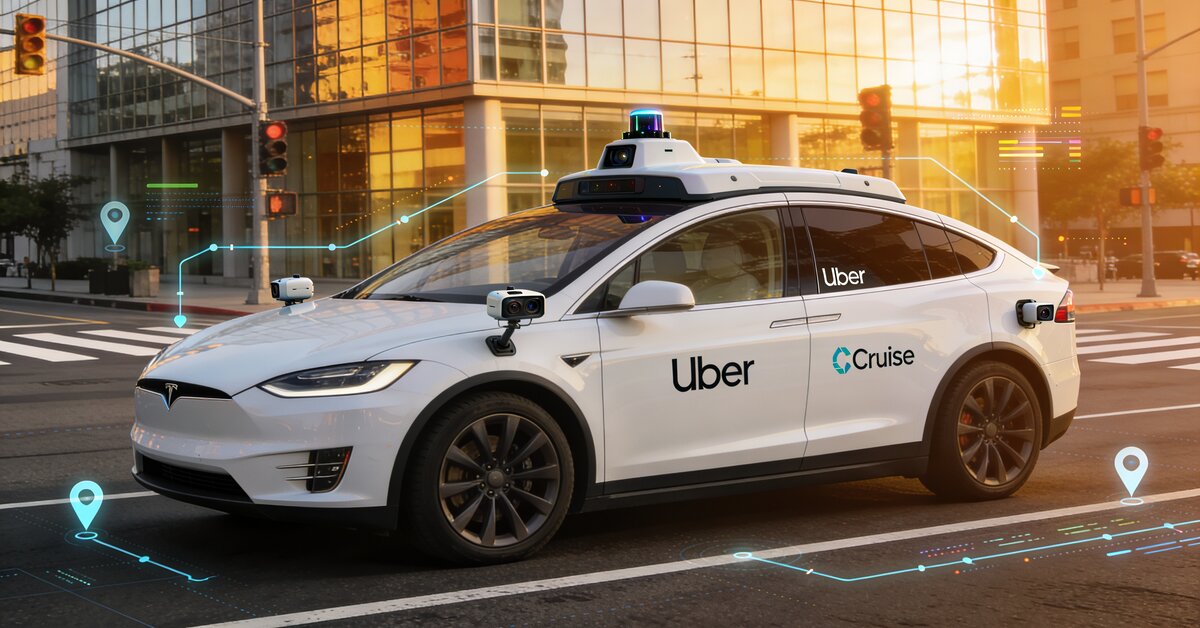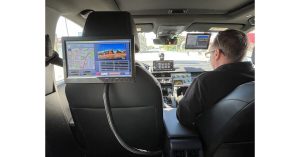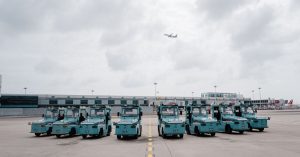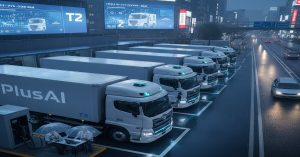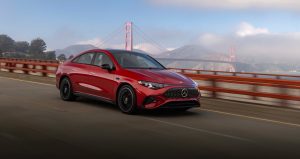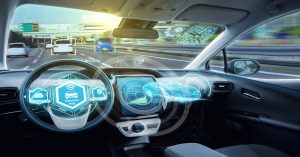In a groundbreaking move poised to revolutionize urban transportation, Uber Technologies, Inc. and General Motors’ autonomous vehicle division, Cruise, have announced a multiyear strategic partnership. The collaboration is set to introduce Cruise’s self-driving technology to Uber’s expansive ride-hailing network starting in 2025. This partnership aims to integrate a fleet of Chevy Bolt-based autonomous vehicles (AVs) into Uber’s platform, marking a significant milestone in the evolution of mobility solutions.
A New Era of Urban Transportation
As cities around the world grapple with traffic congestion, environmental concerns, and the need for safer roads, autonomous vehicles present a promising solution. Cruise, backed by an impressive roster of investors including GM, Honda, Microsoft, T. Rowe Price, and Walmart, has been at the forefront of developing self-driving technology. With its mission to create safer streets and transform urban living, Cruise’s partnership with Uber is expected to accelerate the widespread adoption of AVs.
Marc Whitten, CEO of Cruise, expressed enthusiasm about the collaboration, stating, “Cruise is on a mission to leverage driverless technology to create safer streets and redefine urban life. We are excited to partner with Uber to bring the benefits of safe, reliable, autonomous driving to even more people, unlocking a new era of urban mobility.” This sentiment underscores the potential impact of their joint efforts on the future of transportation.
What to Expect from the Partnership
The partnership will see Cruise’s autonomous vehicles integrated into the Uber app, giving riders the option to choose an AV for their trip. When a rider requests a ride through Uber, they may be offered the choice to be transported by one of these state-of-the-art self-driving cars. This integration will initially roll out with a fleet of specially equipped Chevy Bolts, designed to operate safely and efficiently within urban environments.
The CEO of Uber, Dara Khosrowshahi, stressed the significance of this project in relation to Uber’s overall plan. “We think Uber can contribute significantly to the safe and reliable introduction of autonomous technology to consumers and cities worldwide, as the largest mobility and delivery platform. We are excited to work with Cruise and are looking forward to launching in the upcoming year. Uber hopes to improve its service offerings and establish itself as a leader in transportation technology, and this agreement is a big step in that direction.
The Road Ahead for Autonomous Vehicles
The deployment of Cruise’s autonomous vehicles on the Uber platform is more than just a technological advancement; it’s a bold step towards reshaping urban mobility. Autonomous vehicles promise numerous benefits, including reduced traffic accidents, lower emissions, and increased efficiency in transportation. By integrating these vehicles into a widely-used ride-hailing app, Uber and Cruise aim to demonstrate the practical advantages of driverless technology to a global audience.
Moreover, this partnership highlights the growing trend of collaborations between tech giants and traditional automotive companies. With significant investments from industry leaders like Microsoft and Walmart, Cruise is well-positioned to push the boundaries of what’s possible in autonomous driving. The backing from these influential entities not only bolsters Cruise’s technological capabilities but also underscores the broad support for the future of autonomous mobility.
Challenges and Opportunities
While the promise of autonomous vehicles is exciting, it’s important to acknowledge the challenges that lie ahead. Ensuring the safety and reliability of self-driving cars in complex urban environments is a critical concern. Both Uber and Cruise will need to navigate regulatory hurdles, address public concerns about safety, and continuously improve their technologies to meet the highest standards.
However, the partnership between Uber and Cruise is a significant step towards overcoming these challenges. By leveraging their combined expertise and resources, the companies are positioned to address these issues proactively and drive the adoption of autonomous vehicles forward. The collaboration represents a bold vision for the future of transportation, where technology and innovation work hand in hand to create a more efficient, safer, and sustainable urban environment.
Conclusion
As Uber and Cruise prepare to launch their strategic partnership in 2025, the transportation industry stands on the cusp of a new era. The integration of autonomous vehicles into Uber’s platform promises to transform urban mobility, offering riders a glimpse into the future of transportation. With the combined efforts of two industry leaders, this partnership is set to pave the way for a smarter, safer, and more connected world.
Stay tuned to Muiz Technology for the latest updates on this groundbreaking development and other innovations shaping the future of tech and transportation.

